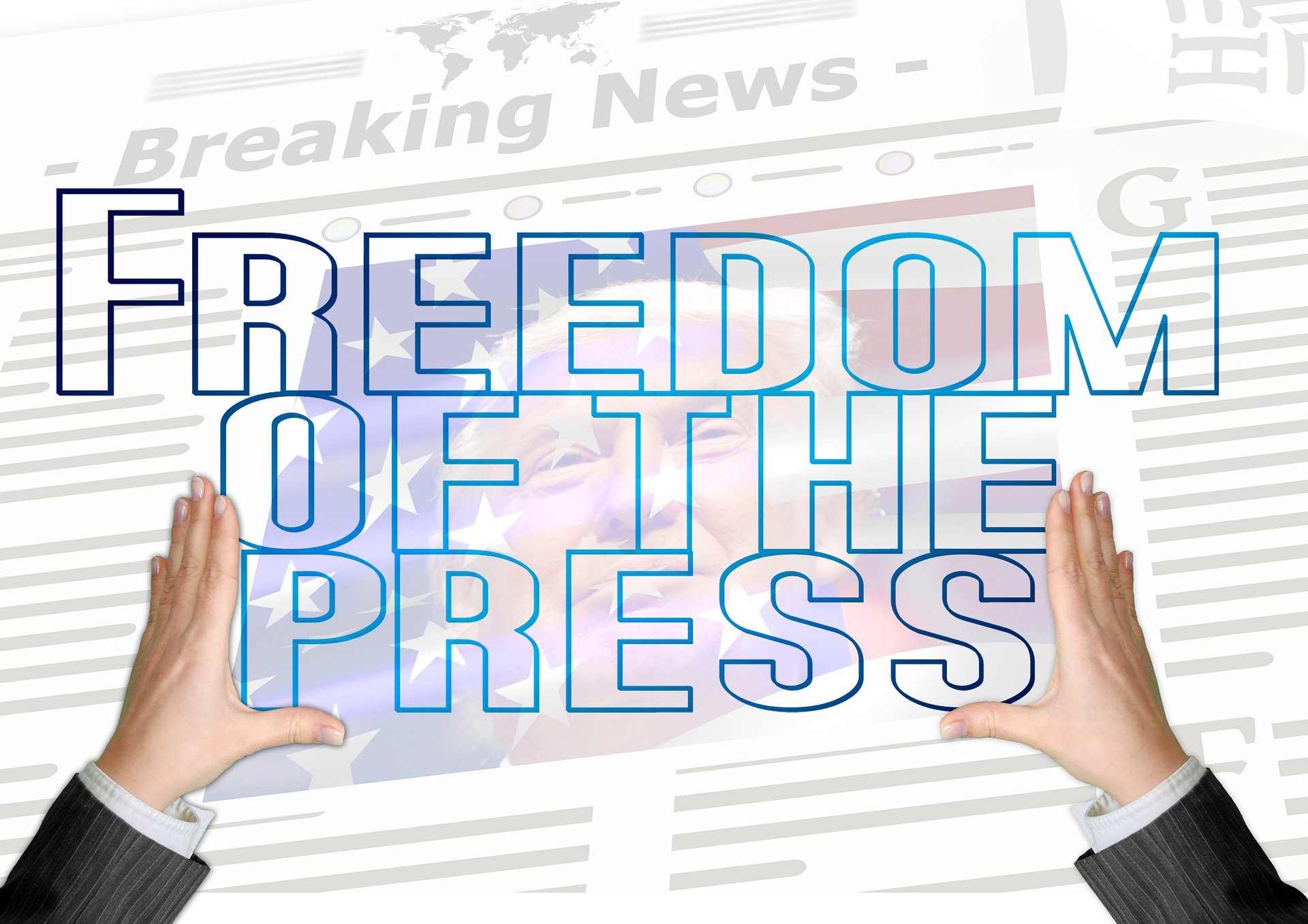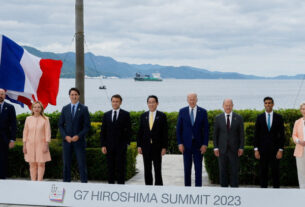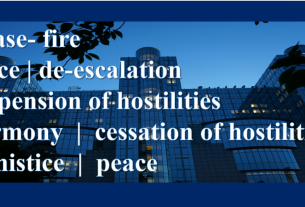On May 2, 2025, the Organization for Security and Co-operation in Europe (OSCE) marked World Press Freedom Day by highlighting the dual-edged impact of artificial intelligence (AI) on journalism and media freedom. OSCE Chairperson-in-Office, Finnish Foreign Minister Elina Valtonen, and the OSCE Representative on Freedom of the Media, Jan Braathu, issued a joint statement emphasizing the necessity of upholding media freedom in an environment marked by rapid technological developments.
The theme for this year’s observance, “Reporting in the Brave New World: The Impact of Artificial Intelligence on Press Freedom and the Media,” underscores the profound influence AI has on journalism. While AI offers tools that enhance investigative reporting, content creation, and fact-checking, it also introduces risks such as AI-generated misinformation, deepfake technology, biased content moderation, and surveillance threats to journalists. These challenges threaten the integrity, plurality, and independence of the information landscape. (UNESCO)
Minister Valtonen emphasized the importance of protecting human rights, privacy, and information integrity in the digital age. She advocated for investing in media and information literacy from a young age to build the necessary capacities in societies to navigate the complex online information space. In Finland, such initiatives have shown positive results. (OSCE)
Ambassador Braathu highlighted the role of ethical journalism and public interest information in maintaining information integrity. He questioned how AI can be leveraged to strengthen the information ecosystem with reliable content to support an informed public. The increasing prevalence of AI makes media literacy more important than ever.
As the OSCE approaches the 50th anniversary of the Helsinki Final Act, both leaders reaffirmed their commitment to media freedom as a cornerstone of democracy. They called for renewed efforts to uphold the right to freedom of expression for the benefit of common security and well-informed societies.
The OSCE’s focus on AI’s impact on media freedom aligns with broader international discussions on the subject. For instance, UNESCO’s World Press Freedom Day 2025 signature event in Brussels will explore the complex issues surrounding AI’s role in journalism and media, bringing together journalists, policymakers, media professionals, and civil society actors to ensure AI strengthens, rather than undermines, press freedom and democratic values.
In conclusion, the OSCE’s observance of World Press Freedom Day serves as a timely reminder of the need to balance technological advancements with the protection of fundamental freedoms. As AI continues to shape the media landscape, it is imperative to implement policies that safeguard media freedom, promote media literacy, and ensure that AI serves the public interest without compromising the integrity of information.



